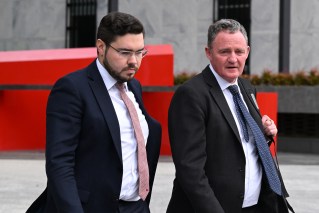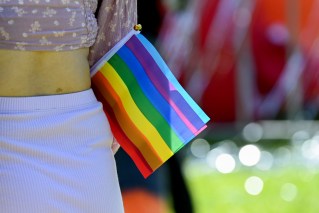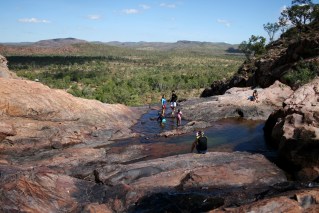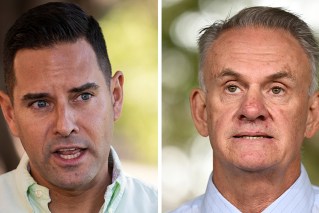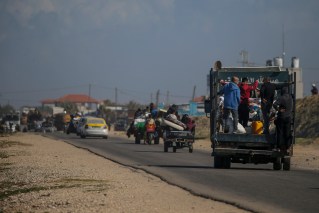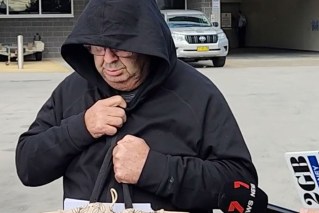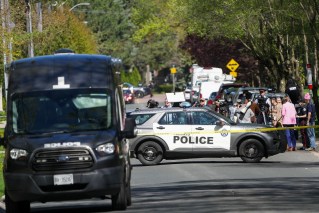Belarus has begun releasing some of the thousands of people detained in a crackdown by strongman President Alexander Lukashenko that has prompted the European Union to consider imposing sanctions.
Some of those freed in the capital Minsk had bruises and described being tightly packed inside cells and complained of mistreatment, including beatings.
A spokeswoman for the interior ministry declined immediate comment.
Their release came as thousands of people formed human chains and marched in the streets for a fifth consecutive day of protests against Mr Lukashenko, whom they accuse of rigging Sunday’s presidential election to extend his 26-year-long rule.
The protesters were joined by workers from some state-run industrial plants that are the pride of Mr Lukashenko’s Soviet-style economic model, media reported.
Women in Belarus carried flowers and formed a long "line of solidarity" along a busy road in a peaceful protest on Thursday.https://t.co/RseYwcLTdA pic.twitter.com/GDcB7qo6HU
— euronews (@euronews) August 13, 2020
In Minsk, ambassadors from EU countries laid flowers at the site where one protester died, as a crowd cheered and chanted.
Mr Lukashenko, alleging a foreign-backed plot to destabilise the country, has dismissed the demonstrators as criminals and unemployed.
The government said that 700 more people had been detained in a fourth night of clashes on Wednesday between police and protesters.
People outside the Okrestina detention centre, some in tears, waited in the hope of gleaning news of friends and relatives inside.
Police and soldiers with machine guns drove them away when they got too close.
Sergei, one of the freed detainees, said there had been 28 people in a cell that would normally contain five.
Prisoners took turns to sleep, he said, and were given a single loaf of bread to share out over two days.
“They did not beat me in the cell, they took me out of the cell and beat me there,” said Sergei, who declined to give his last name.
Reuters could not independently verify his account.
Mr Lukashenko has sought better relations with the West amid strained relations with traditional ally Russia.
The EU partially lifted sanctions, imposed over Mr Lukashenko’s human rights record, in 2016, but could introduce new measures as early as this month.
A former Soviet collective farm manager, the 65-year-old Lukashenko has ruled Belarus for more than a quarter of a century but faces increasing anger over his handling of the coronavirus pandemic, a sluggish economy and human rights.
Anna Krasulina, spokeswoman for opposition leader Sviatlana Tsikhanouskaya, who fled to neighbouring Lithuania earlier this week saying she feared for the safety of her children, told Reuters she expected Ms Tsikhanouskaya to release a video message later on Thursday.
Michelle Bachelet, the UN human rights chief, has condemned the mass detentions “including bystanders, as well as minors, suggesting a trend of massive arrests in clear violation of international human rights standards”.
-AAP

